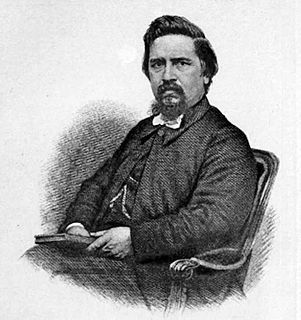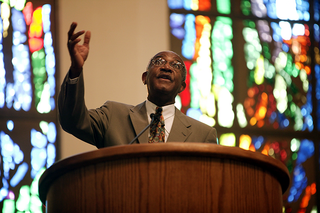A Quote by Jeremy Taylor
The best theology is rather a divine life than a divine knowledge.
Related Quotes
The delight we take in our senses is an implicit desire to know the ultimate reason for things, the highest cause. The desire for wisdom that philosophy etymologically is is a desire for the highest or divine causes. Philosophy culminates in theology. All other knowledge contains the seeds of contemplation of the divine.
The yoga we practice is not for ourselves alone, but for the Divine; its aim is to work out the will of the Divine in the world, to effect a spiritual transformation and to bring down a divine nature and a divine life into the mental, vital and physical nature and life of humanity. Its object is not personal Mukti, although Mukti is a necessary condition of the yoga, but the liberation and transformation of the human being. It is not personal Ananda, but the bringing down of the divine Ananda - Christ's kingdom of heaven, our Satyayuga - upon the earth.
I think that the Bible as literature should be a compulsory part of the national curriculum.. you can't understand English literature and culture without it. But insofar as theology studies the nature of the divine, it will earn the right to be taken seriously when it provides the slightest, smallest smidgen of a reason for believing in the existence of the divine. Meanwhile, we should devote as much time to studying serious theology as we devote to studying serious fairies and serious unicorns.
By `God` I mean godliness; the whole existence is full of godliness. And when you will come to know, you will not see a god standing before you, you will see the trees as divine, the rocks as divine, the people as divine, the animals as divine. God is spread all over the place, from the pebble to the star, from the blade of grass to the sun - it is all divine.




































